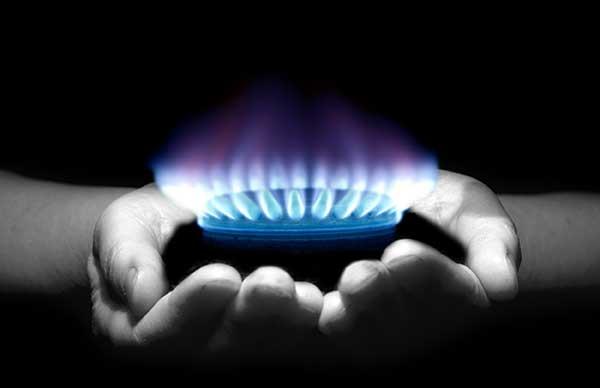Is the E.U. Dependent on Russian Natural Gas?
The European Union has been increasingly dependent on Russian natural gas in recent years. This dependence has grown as the EU has become more reliant on imported gas to meet its energy needs. In 2016, the EU imported a total of 33.4 billion cubic meters (bcm) of natural gas from Russia, making Russia the EU's largest gas supplier. This accounted for 39% of the EU's total gas imports.
The European Union (EU) is one of the world's largest consumers of
natural gas, and Russia is one of its top suppliers. In 2015, the EU imported about 40 percent of its natural gas from Russia.
Russia has long been a reliable supplier of natural gas to the EU. In 2009, Russia supplied about a quarter of the EU's total gas imports. But Russia's share has grown in recent years, reaching a peak of 40 percent in 2015.
The increase in Russia's share of the EU's gas imports has been driven by a number of factors.
First, Russian gas is typically cheaper than gas from other suppliers.
Second, Russia has been investing in new pipelines that make it easier to transport gas to the EU.
As a result of these factors, the EU has become increasingly dependent on Russian gas. This dependence has come with some risks. For example, Russia has used its gas supplies as a political weapon in disputes with neighboring countries. And there is a risk that Russia could use its gas supplies to blackmail the EU.
Despite these risks, the EU has little choice but to continue to rely on Russian gas. The EU is unlikely to find alternative suppliers that can match Russia's price and reliability. And the EU needs Russian gas to meet its growing energy needs.

In the short term, the EU will continue to be dependent on Russian gas. But in the long term, the EU will need to find alternative sources of energy. The EU's dependence on Russian gas has also led to concerns over the bloc's climate change goals. The EU has committed to reducing its greenhouse gas emissions by 80-95% by 2050, and gas is a major source of emissions. The EU's dependence on Russian gas means that the bloc is likely to continue to rely on gas for a significant share of its energy needs in the future. This could make it difficult for the EU to meet its climate change goals.